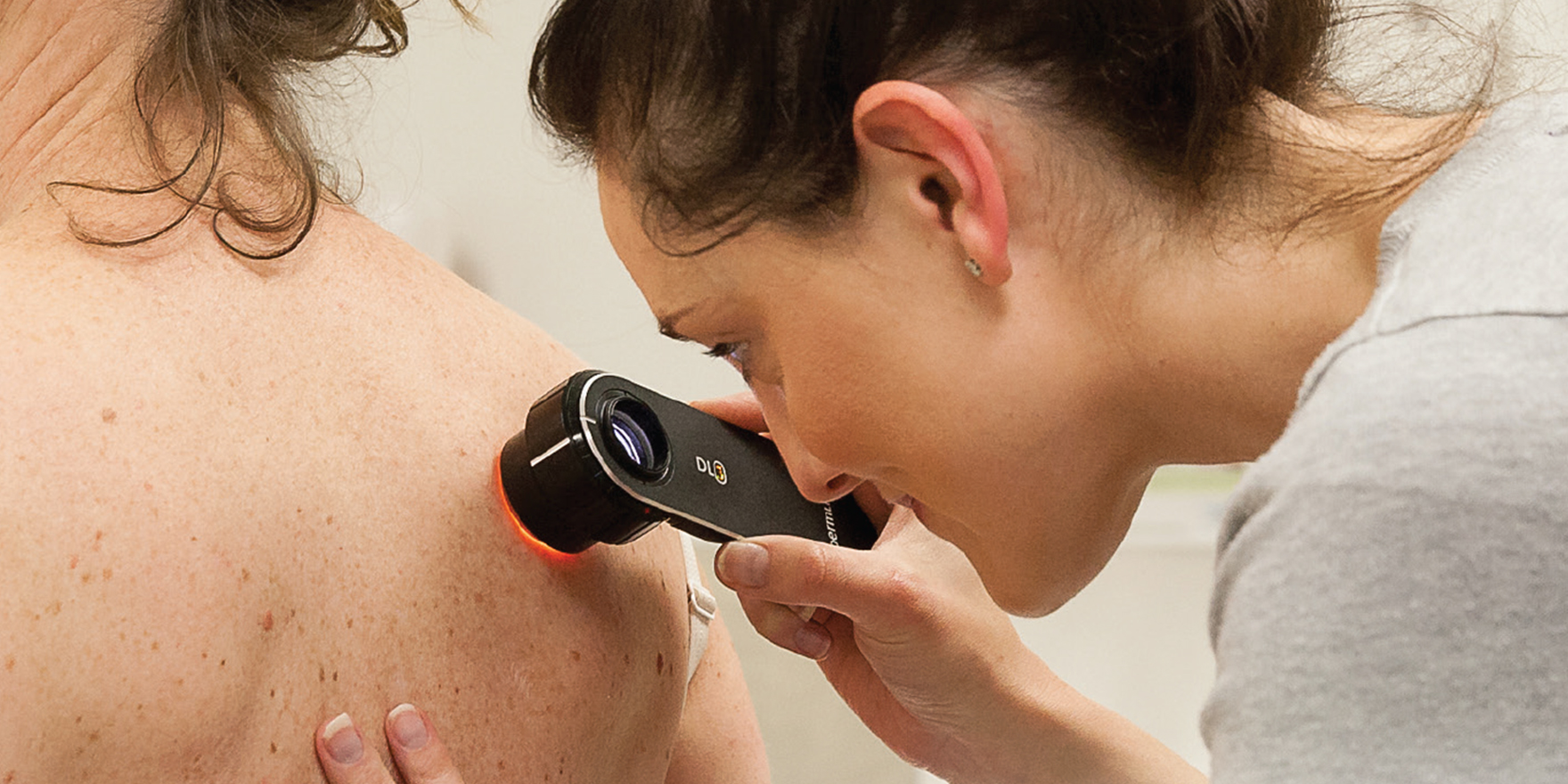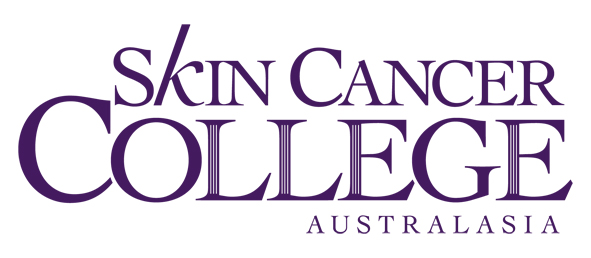The Australasian Skin Cancer Congress, being held May 24-26 on the Gold Coast, has grown to become the largest annual skin cancer conference in our region
The invaluable role of primary care skin cancer doctors was highlighted at the recent Melanoma Screening Summit held in Brisbane on 25 March.
The summit discussed the pros and cons of introducing population screening for melanoma. Although the summit concluded further research was required before population screening could be supported, it shone a light on the vital role of primary care doctors in managing the skin cancer disease burden
The summit also highlighted the need for two key factors to support population screening: 1) A screening tool to identify people at high risk of skin cancer; 2) Community education to encourage self-monitoring and early detection of skin cancer.
Fortunately, both of these things already exist.
The Skin Cancer College Australasia (SCCA) is a non-profit peak body representing over 1,000 skin cancer health professionals across Australia and New Zealand. SCCA has developed a skin cancer risk assessment tool in collaboration with the QIMR Berghofer Research Institute. The tool comprises a simple 10 question quiz resulting in a numerical score indicating skin cancer risk. It allows anyone to easily identify their risk of developing a skin cancer.
“Being aware of your skin cancer risk level is important, but helping everyone to recognise the warning signs is vital for early detection”, says Dr Richard Johns, SCCA Director. Dr Johns is the creator of the SCAN acronym which is the basis of the early detection education campaign developed by SCCA.
“Primary prevention, or sun protection education must be a fundamental and ongoing public health message in Australia. But secondary prevention – or early detection – must also be championed”, warns Dr Johns.
“The SCAN (Sore Changing Abnormal New) early detection mnemonic is far more recognisable to patients in my experience”, says Dr Johns. “They will often say to me – Hey Doc, I’ve got a new spot that looks funny/different and is changing/itchy/tender/sore or bleeding – this covers the keratinocyte cancers as well. SCAN helps patients recognise lesions of concern which they can take to their doctor to be diagnosed.”
However, this is where opinions become divided and patients become confused. Who should be the first point of contact when a patient is concerned about a skin lesion?
“Australia and New Zealand have the highest incidence of skin cancer in the world. So it’s ironic that GPs who identify as ‘skin cancer doctors’ often invite suspicion and sometimes disdain from their peers”, comments SCCA President and long-time skin cancer doctor, Dr Keith Monnington.
These are GPs who have invested considerable amounts of their own time and money to improve their competency to diagnose and treat our most common cancer. They should be considered a valuable resource”, he says.
Studies prove that GPs who have undertaken robust skin cancer medicine training have a higher use of dermoscopy and diagnose melanoma with greater accuracy than GPs who do not have specific skin cancer training.1
“SCCA has introduced an accreditation system for skin cancer practitioners to make it easy to identify GPs who have successfully completed robust skin cancer education.” adds Dr Monnington. “The demand for quality skin cancer education and peer support continues to grow. This is very clear when you see the number of doctors and nurses now attending our annual skin cancer congress.”
This is not your usual medical conference. Now in its 9th year, and attracting around 400 GPs, skin cancer doctors and practice nurses – the Australasian Skin Cancer Congress* has grown to become the largest annual skin cancer conference in our region. Rather than a scientific and research focus, the conference program shines the spotlight on managing skin cancer in a day-to-day primary care practice setting.
“Our delegates are at the front line of diagnosing and treating skin cancer every day. We want them to take away current practical knowledge they can use in their practice and improve patient outcomes straight away”, says SCCA CEO, Lynette Hunt.
For example, keratinocyte (non-melanoma) cancers account for the majority of skin cancers managed by primary care doctors. But it’s over a decade since the clinical guidelines for keratinocyte cancer were last updated, so a revision is eagerly awaited.
That is why Professor Stephen Shumack’s presentation on the current revision of these clinical guidelines will be of particular interest to delegates.
New treatment innovations are a core theme every year. This year congress delegates will have the opportunity to attend workshops on cryotherapy, managing complex wounds, and getting the best results from topical treatments.
A feature topic in 2019 will be the role of primary care professionals in the ongoing care of melanoma survivors. Recent advances in immunotherapy are delivering positive results in reducing mortality with the ongoing care of cancer survivors occurring in the primary care setting.
Several expert speakers will address this issue including Associate Professor, Matt Carlino from the Melanoma Institute Australia, Ms Leisa Leon from the Australian Cancer Survivorship Centre, and Dr Sumit Lumba, Medical Oncologist.
Now outnumbering dermatologists by more than two to one, it’s clear that skin cancer doctors are here to stay in both Australia and New Zealand. Rather than a threat to their specialist colleagues, skin cancer doctors can enable dermatologists to focus on the management of more advanced and complex cases which require secondary, tertiary and/or multi-disciplinary management.
Ultimately, the collective focus should be on improving patient outcomes through better diagnosis and management of skin cancer in all health care settings.
1 The impact of subspecialisation and dermatoscopy use on accuracy of melanoma diagnosis among primary care doctors in Australia C Rosendahl, MBBS, G Williams, PhD, D Eley, PhD, T Wilson, Candidate BSc, G Canning, MMed, J Keir, MBBS, I McColl, FACD, and D Wilkinson, DSca (J Am Acad Dermatol 10.1016/j.jaad.2011.12.030.) http://www.ncbi.nlm.nih.gov/pubmed/22325462
*The Australasian Skin Cancer Congress will be held 24 to 26 May on the Gold Coast. https://www.skincancercollege.org/congress/australasian-skin-cancer-congress/?target=registration



